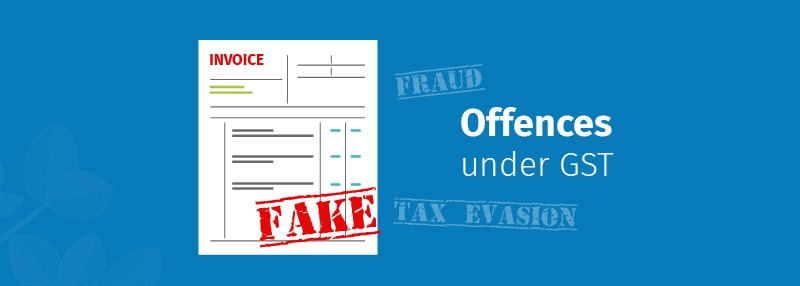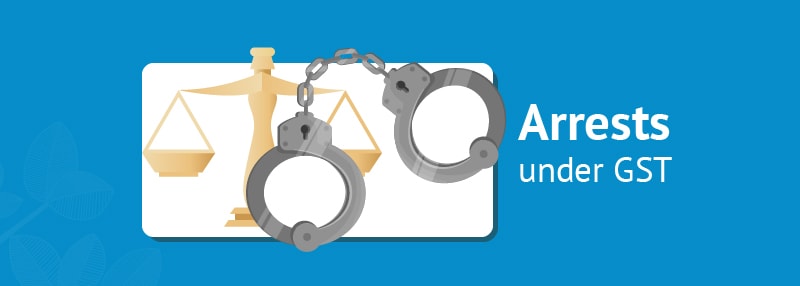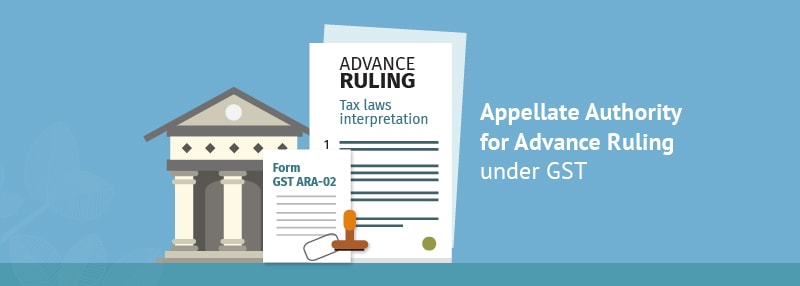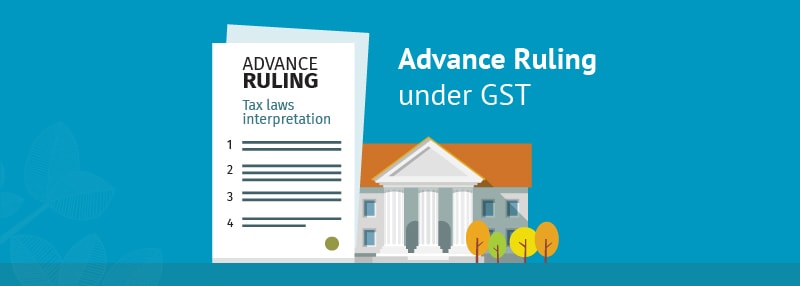The recently held 31st GST council meet came up with a decision a new GST return system will be introduced to facilitate taxpayers. To initiate a smooth transition to the newly introduced return system, a transition plan has been laid out. Unveiling a roadmap for the implementation of the new GST mechanism, the Finance Ministry transition plan will come in subsequent phases. Here are the details of the indicative transition plan:

May 2019:
To understand the interface and ease of transition, a prototype of the offline tool has been shared with the taxpayers. While the navigation of both online and offline tools is similar, taxpayers need to be aware that there are three main components to the new return – one main return (FORM GST RET-1) and two annexures (FORM GST ANX-1 (Sales) and FORM GST ANX- (Purchases)).
July to September 2019:
From July 2019, for to get familiarised, users will be able to upload invoices using the FORM GST ANX1 offline tool on trial basis. They can also view and download, the inward supply of invoices using the FORM GST ANX-2 offline tool under the trial program. The summary of inward supply invoices will also be available for view on the common online portal. In addition to this, August onwards, users can easily identify mismatches by importing their purchase register in the offline tool and match it with the downloaded inward supply invoices. July to September will be defined as a trial period for taxpayers. Since this is only to get the taxpayers familiarised with the tool’s interface, their entries would have no impact at the back end on the tax liability or input tax credit of the taxpayer. In this period, taxpayers will continue to file existing return forms (GSTR-1 and GSTR-3B). Taxpayers will be penalised if they fail to file their GST returns on time.
October to November 2019:
October 2019 onwards FORM GSTR-1 will be replaced by FORM GST ANX-1 and will mark the emendation of FORM GST ANX-1. Actions for both large and small taxpayers will be difference in the coming months.
For Large taxpayers, whose aggregate turnover in the previous financial year over Rs 5 crores:
- They would upload their monthly FORM GST ANX-1 from October 2019 onwards.
- For October and November 2019, they would continue to file FORM GSTR-3B on monthly basis.
- They would file their first FORM GST RET-01 for the month of December 2019 by 20th January 2020
For Small Taxpayers with an aggregate of up to Rs 5 crores:
- The first compulsory quarterly GST ANX-1 will be due only in January 2020, for the October-December 2019 quarter
- They will stop filing GSTR-3B and start filing GST PMT-08 from October and file their first GST RET-01 for the quarter October-December from January 20, 2020.
While invoices can be uploaded in GST ANX-1 on a continuous basis, both by large and small taxpayers, from October, GST ANX-2 can also be viewed simultaneously during this period but no action will be allowed on it.
January 2020:
From January 2020 onwards, all taxpayers shall be filing FORM GST RET-01 and FORM GSTR-3B shall be completely phased out.
Note: Instructions to file and process the refund applications between October to December 2019 will be notified shortly









